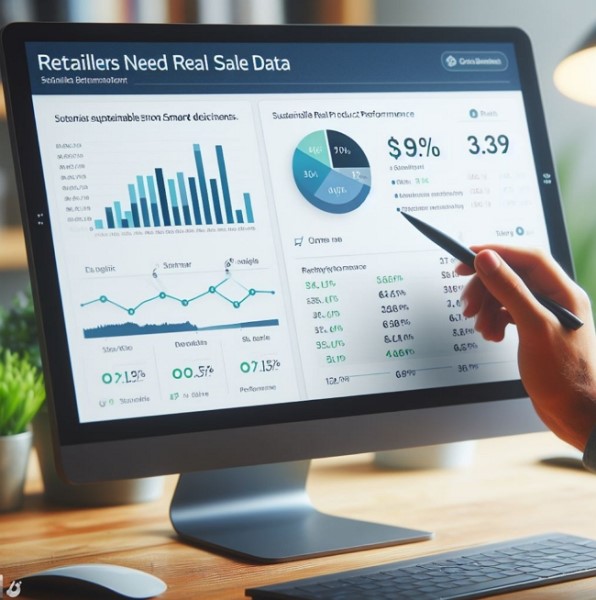Your Sustainability Dilemma: Customers Say vs What They Buy

A supplier to newsagencies approached us about a range of sustainable products they are releasing, eco-friendly greeting cards.. This brought up the Sustainability Dilemma: what "Customers Say vs. What They Buy." Do customers want these cards?
This is a frequent problem in retail, where people express their wants but act differently. A famous example of this is studied extensively in marketing textbooks, in the 1950s when Ford introduced the Ford Edsel. This is widely regarded as one of the biggest marketing failures in history. One factor in this failure was Ford's decision to listen to the public's feedback and create a car based on this. However, when presented to the public, the car was a flop. What the public had said did not align with their actual desires.
Now, as a retailer, you understand that consumer demand is critical. Yet, often, you need some intelligence. The fact that customers frequently support strongly eco-friendly products does not mean they buy them.
Here is a study that shows what happened when consumers and senior retail executives were surveyed on sustainable products. Two-thirds of consumers said that they would pay more for sustainable products. However, most retailers stated consumers do not pay more for sustainable products. The retailers based their claim on what they said the public was doing. Read the report here.
So Are Customers Truly Ready to Pay More for Sustainable Products?
Let's explore what it means for your business.
The Conflicting Picture
- The Vocal Demand: Surveys consistently indicate that consumers care about sustainability. They say they are willing to pay more for products that align with their values.
- The Reality: Retailers see that old habits and price sensitivity often reign supreme in the market. Sustainable options get much interest but rarely make it to the sale.
Understanding the Disconnect
Here's what might contribute to this gap between what the public says and their actions:
- The Cost Barrier: Even well-intentioned consumers balk at significant premiums for eco-friendly alternatives.
- Trust: People have been burnt before eco-friendly and need convincing that your product is eco-friendly.
- Established brands: People like the products they buy now.
- Change: Sustainable products are often different, and people often do not want to change.
What This Dilemma Means for Retailers
- Missed Opportunities: If you rely solely on people's comments, you will probably overestimate the immediate market for sustainable goods.
- Long Game: Consumer behaviour rarely moves quickly. You must educate, show value, and build long-term relationships with eco-conscious shoppers. This is not always possible in a shop.
Tackling the Challenge
- Start with Data: Use your sales figures to understand which sustainable options resonate with customers. Don't guess! Please use your sales reports. Facts do not lie.
- Transparency Wins: Build trust by being transparent about specific sustainable aspects of your products. Be prepared to have info to back it up.
The takeaway: Customer opinions about sustainability matter, but they don't predict sales on their own
. Innovative retailers keep a pulse on the public conversation while making strategic, data-driven decisions on where and how to invest, e.g. small test displays of sustainable products first.


